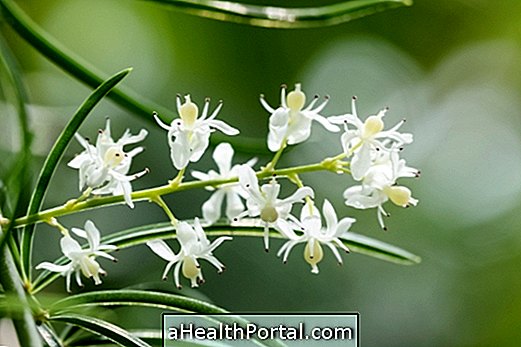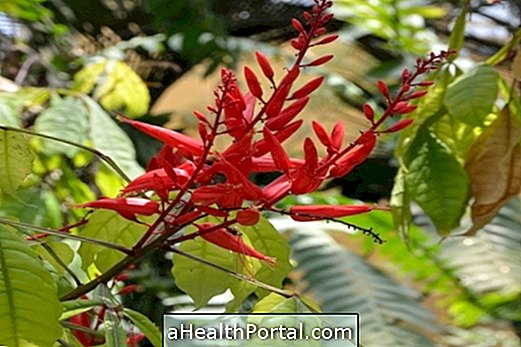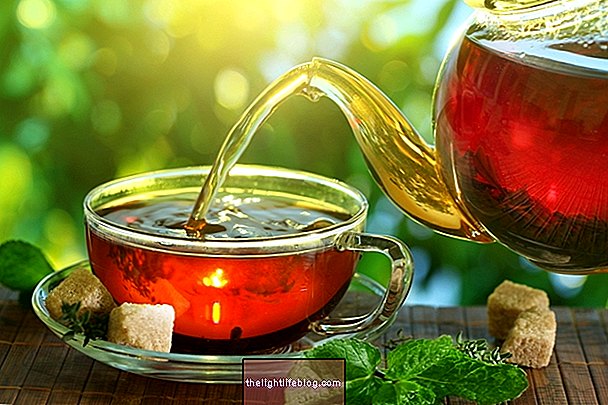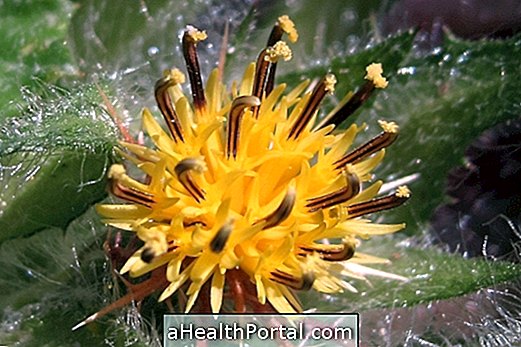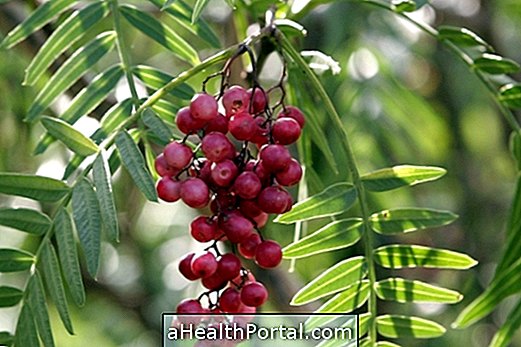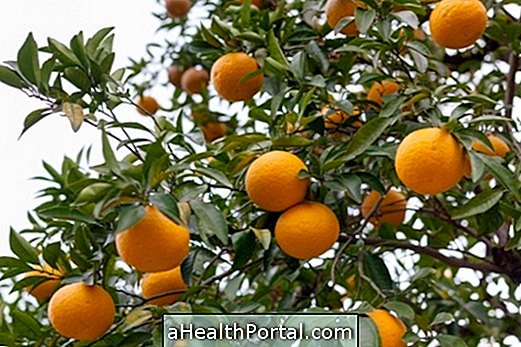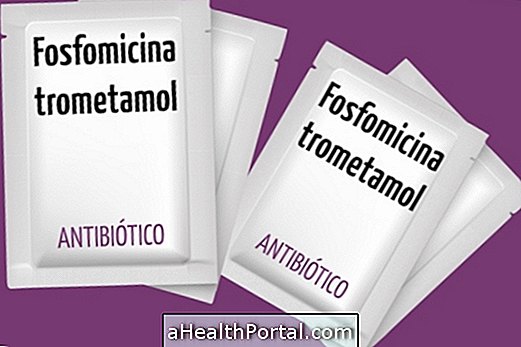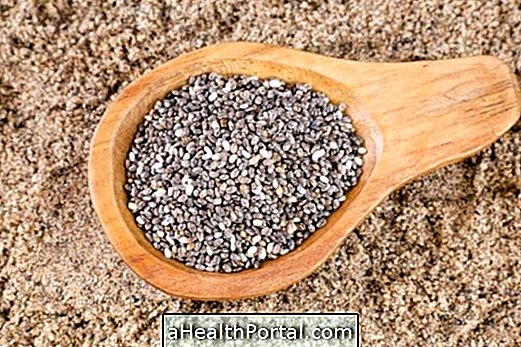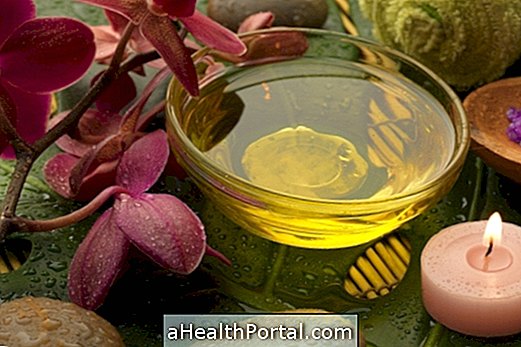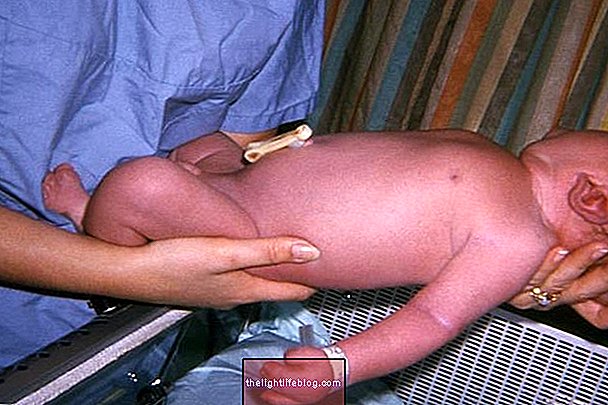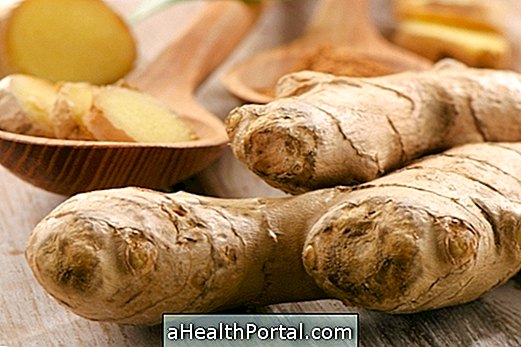Mallow is a medicinal plant, also known as Malva-cheirosa, Malva-das-o-boticas, Malva-serrata, Malva-de-casa, Malva-rosa or Rosa rosa, widely used in the treatment of infections. Its scientific name is Malva sylvestris and can be purchased at natural products stores, handling pharmacies and at some free markets and markets.
Mauve tea can be taken and is great for fighting constipation, loosening phlegm and fighting throat pain. Another way to take advantage of the properties of mauve flowers is to make a poultice with the leaves and flowers kneaded, which can be applied in insect bites and wounds, because it has healing action.
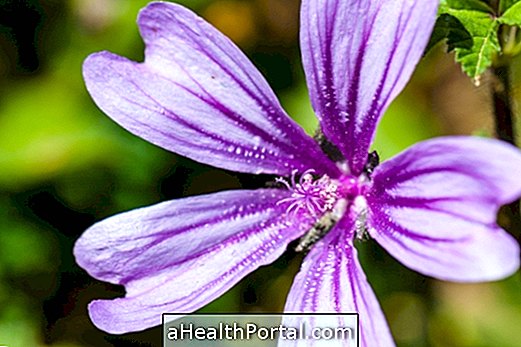
What are the benefits
Malva has numerous health benefits and is great for relieving mouth and pharyngeal mucosa irritation, mouth and pharynx ulcers, inflammation of the airways and irritating and dry cough. In addition, this plant is also known to help treat gastritis if taken in the form of tea.
Its topical use also serves to treat insect bites, inflammatory eczema and wounds with or without the production of pus.
The properties of the mauve include its astringent action, diuretic, emollient, expectorant and laxative.
What is the mallow used for?
Malva can be ingested as a tea, for the treatment of infections, constipation, thrush, bronchitis, phlegm, sore throat, hoarseness, pharyngitis, gastritis, eye irritation, bad breath, cough and ulcer or poultice with crushed leaves and flowers, to treat insect bites, wounds, abscesses, or boils.

How To Make Mauve Tea
The parts of the mauve used for medicinal purposes are its leaves and flowers for teas or infusions.
Ingredients
- 2 tablespoons dried leaves of Malva;
- 1 cup boiling water.
Method of preparation
To prepare the tea, simply put 2 tablespoons of dried mallow leaves in a cup of boiling water, let stand for 10 minutes and strain. This tea can be drunk about 3 times a day.
Possible side effects and contraindications
The main side effect of mallow is intoxication when used in large doses. In addition, mauve tea is contraindicated during pregnancy and breastfeeding. See other teas that should not be taken during pregnancy.
Malva may also compromise the absorption of other medicinal products containing mucilages, so an interval of at least 1 hour should be allowed between ingestion of Malva tea and taking other medicines.
